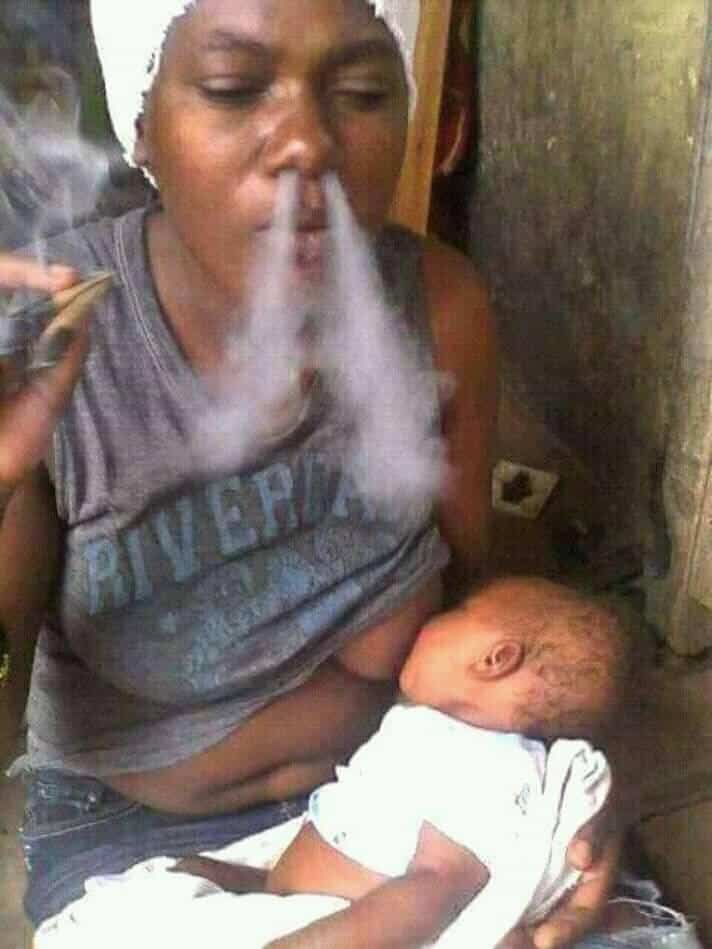Religious Desire of Alcohol (Goscolene) Goscolene makes us lapotidunious. Some guys I used to roll with, when saying something cryptic in public, would conclude “If you know, you know.” Anyone can listen to certain public utterances, but few may decipher them. The good thing is nothing you read here qualifies…
Like this:
Like Loading...

Thanks for your essay. I appreciate that it threw some light on the issue of recreational drug use and abuse in Sapele. It is a good place to start a conversation about youths, aspirations and substance abuse. The encounter of female druggies and their babies is real but to place the responsibility for a solution on politicians is a far cry. This may come across as cynical, but I dare to ask: do we elect politicians to cater to drug abusers? The simple answer is no but there is a long complicated answer too because we elect politicians to represent our interest, even though those interest can be ever changing.
That said the points you raised about access to training, affordability of education and poverty does not add up squarely. In Delta state, to the best of my knowledge education is free through primary and secondary school and in some instances, senior school certificate exam registrations are paid for (or maybe it has changed and I stand to be corrected). In addition, there are many skill training opportunities in Delta state, especially across the oil-producing corridors of Warri and Sapele but no one will come into your bedroom to drag you into it. However, being born poor can be quite a dilemma but we all can attest to the success of people who were born poor in Sapele and elsewhere but have worked hard to changed the trajectories of their life story (with or without education).
To request that the government and politicians should come in to help is a tall order but not an impossible task. The solution is not in developing new institutions but in having honest conversations about issues: recreational drug use, drug abuse, drug regulation, social and mental health, poverty alleviation, family health, sex education, consent, and religion. I like to think that those who are drawn to arms of recreational drug use and drug abuse and in other instance alcohol abuse, are people who often seek to escape a reality that they are ill-equipped to cope with. Ans and such a detour end up creating a habit that could destroy a life, in the absence of adequate signpost that will help an individual navigate life maze.
If I may as, how about we have a conversation about mental health, recreational drug use, drug abuse, maternal health, patriarchy and social wellbeing in Sapele?